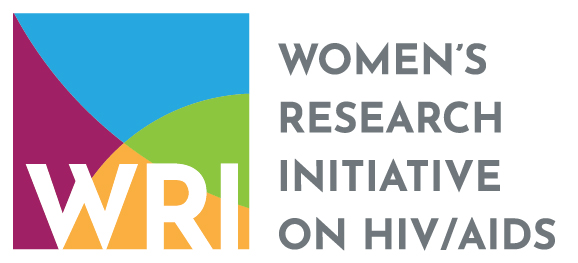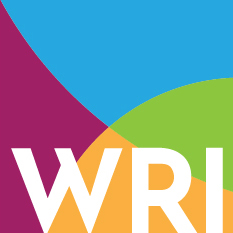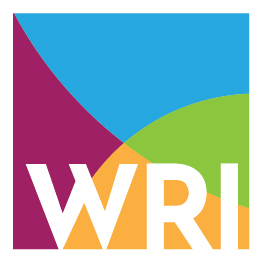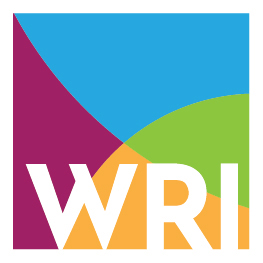The WRI elevates, enhances, and expedites HIV treatment and prevention research on women and girls and identifies gaps in clinical care, research, and policy. This annual meeting assembles national HIV/AIDS thought-leaders in clinical care, HIV research, academia, advocacy, policy, government, the pharmaceutical industry, and women living with HIV and is responsible for initiatives that have directly impacted the progress and direction of HIV research.





